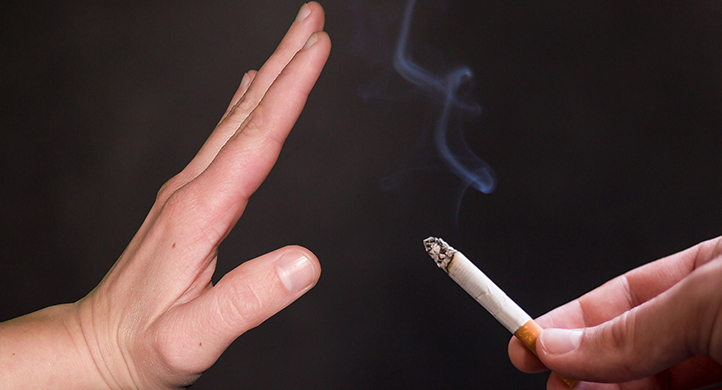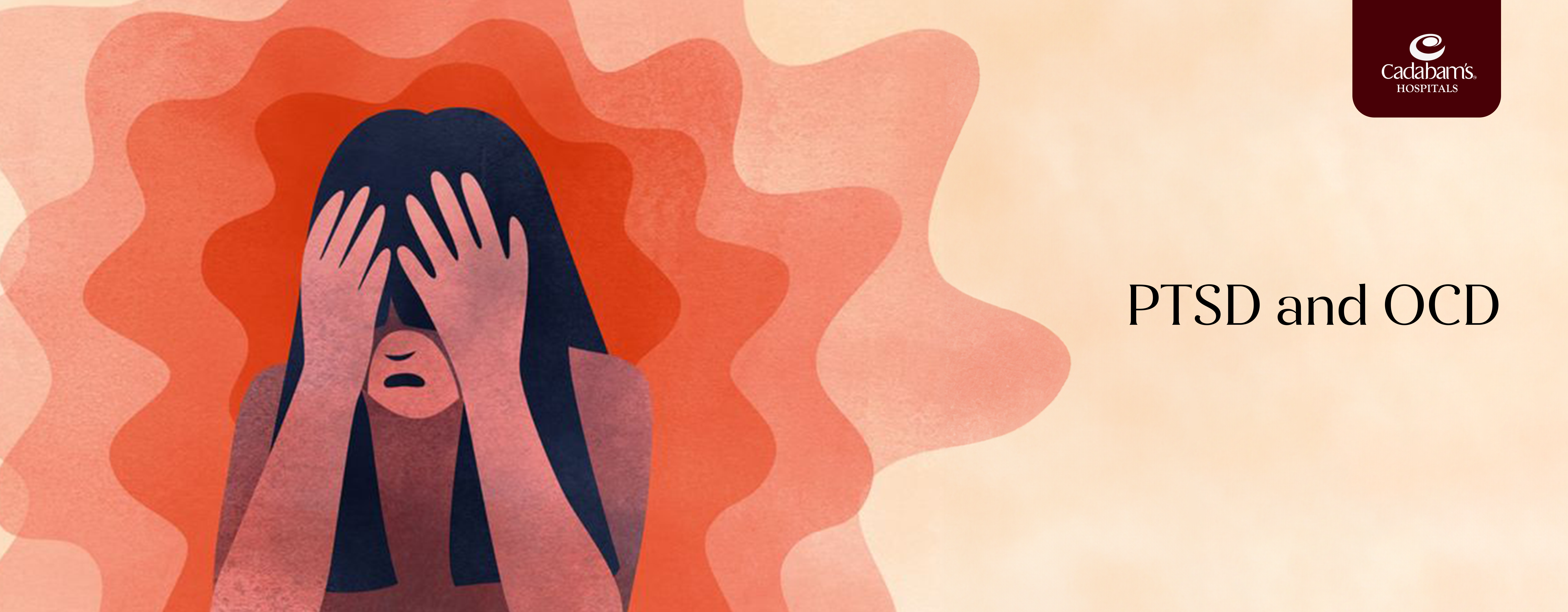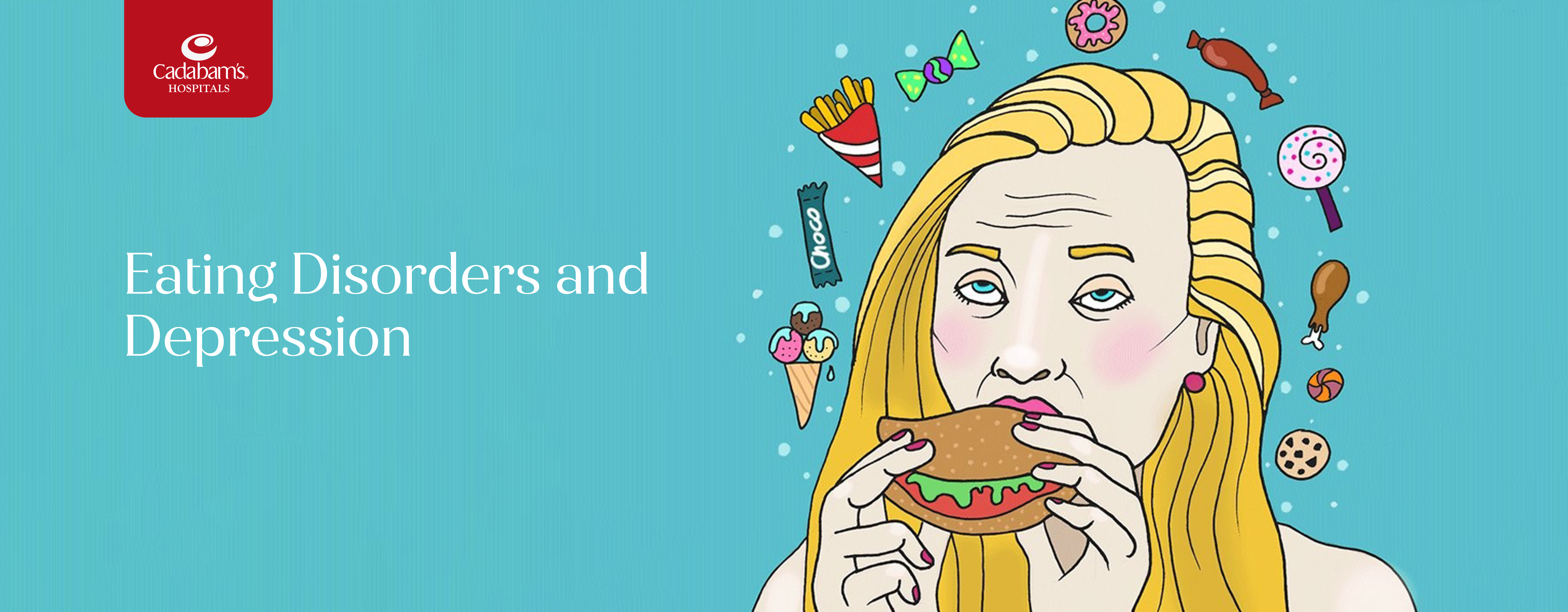Table of Content
How to Quit Smoking?
As an addict, smoking can be difficult to ditch. Each individual who has quit will have a story of their own.
It is a leading cause of preventable deaths worldwide. Chronic smoking not only causes physical damage but as smoking turns into an addiction, it can also impact the social and psychological health of the individual and their loved ones.
Understanding The Nature of Smoking Addiction
Many may have started smoking as a way to cope with anxiety, depressed feelings or simply to get rid of boredom.
Quitting in these situations can be harder. Smoking gives a ‘good’ feeling that helps you relax. However, as one continues smoking, the brain enjoys it, gets used to that sensation, and builds a tolerance to the substance, thus causing an individual to crave it and continue with the habit. A high tolerance usually means that the individual needs more and more of the same product to elicit the desired response - the “good feeling”.
In their journey to quit smoking, one also needs to deal with the addiction and the withdrawal symptoms. They have to handle the unpleasant physical and psychological symptoms that come with not using the substance. But with determination, persistence, and support, it is possible.
Tips to Quit Smoking
Keeping in mind the symptoms of addiction, let us look at a few ways to quit smoking that the individual can apply on their own.
- Finding your reason: When figuring out how to quit smoking, you must start by finding your reason. Once you have your own personal and powerful reason, it will be your motivation to quit smoking for good. The reason can be anything from reducing your chances of getting lung cancer or heart disease to looking and feeling young. Choose a goal or a reason that outweighs your craving to smoke a cigarette.
- Make an action plan: Once you decide to quit, come up with a plan on how you are going to go about it. Having well-planned ways to quit smoking will go a long way in helping you achieve what you’re aiming for.
- Be prepared before going cold turkey: There is so much more to quitting smoking than just tossing the cigarettes out. In the end, smoking is an addiction and the brain is used to the constant nicotine supply. If you stop smoking suddenly, your body will go into withdrawal; this can be quite intense and you have to be prepared for it. You can always consult with your doctor about the various methods that will make withdrawal easy like meditation, counseling, hypnosis, and so on. These methods will keep you ready for the day you choose to quit.
- Cutting down: In this process, the individual quits smoking by slowly decreasing the number of cigarettes. Whichever ways you choose to quit smoking, make sure you plan out when to start and how to stick to the plan. Select the date when you want to start quitting. Tell your friends and family about it, and be ready for the challenges. Consider getting psychological and medical assistance to follow through with the process and deal with the withdrawal symptoms. It is necessary to manage and control the withdrawal symptoms for long-term recovery.
- Clean your house: Once you are done with your last cigarette, you need to toss all the ashtrays and lighters. Wash your clothes, and clean your carpets, drapes, and upholsteries, because they will smell of smoke. If you had the habit of smoking in your car, then you have to clean the car and air it out. Clean your house thoroughly, so that you don’t see or smell anything that reminds you of smoking.
- Avoid alcohol: You can prevent smoking by avoiding alcohol and other triggers because they make it harder to stay on track with recovery. Try to reduce/limit your alcohol intake during the initial weeks. If you used to smoke while drinking coffee, then consider switching to tea. If you used to smoke after meals then consider some other activity like brushing your teeth, having a sweet snack, chewing gum, or talking to a friend.
- Stay busy: Staying busy will help you keep distracted from your thoughts about smoking. Commonly, you keep thinking about something that you originally thought not to think about. Engaging yourself in other activities and putting your focus on that activity will help you get distracted from the cravings. You can engage in an activity or simply chew gum or hold a toothpick in your mouth so that you don’t feel that something is missing.
- Get moving: Being active can help prevent smoking. It doesn’t have to be any vigorous workouts. A simple walk around your neighborhood can go a long way. If you want to know how to quit smoking once and for all, consider seeking professional help to stay on the road to recovery.
- Take a break: This is one of the underrated ways to quit smoking. People tend to take up smoking when they are under stress and nicotine can help them relax. Once you quit, you will need to find new ways to relax and not relapse. There are many ways you can do that, like exercising, tuning into your favorite music, connecting with friends, getting a spa treatment, or just indulging in your favorite hobby. Avoid stressful situations during the initial weeks of quitting smoking. Psychotherapy from an experienced professional can help in learning new and healthy ways to cope with stress and avoid relapses.
- Have a positive attitude: There might be times you might feel frustrated and irritated as a result of withdrawal symptoms. In these times, remind yourself of the reason behind your decision to quit. This will help you get motivated to continue with your regimen. If you weren’t able to control your craving and smoked that day, excuse yourself. You have not failed, it is common to fall back but it is more essential to get back and follow your plan. You need to be prepared for this shortcoming and remind yourself to stick to the plan. In such cases, it is necessary to confide in loved ones and seek support from them and your therapist.
- Lean on your family and friends: Telling your friends and family members that you are going to quit smoking can help because they will hold you accountable while you are on your journey to sobriety. They will encourage you to keep going and call you out when you are about to relapse. Surround yourself with friends and family members who encourage you to quit. This support can be helpful when you lose hope and will help you continue with your plan of quitting.
When to seek Professional Help for Smoking?
In this journey, there will be good and bad days, but with enough hard work, determination, and support, overcoming addiction is doable. It is important to keep in mind that self-help strategies need to be practiced while receiving treatment from a mental health care professional. The right support can do wonders in achieving long-term recovery. With counseling, various forms of therapy, medications, and rehab, you can learn to overcome addiction.
If you need more information and insights about how to quit smoking or have any queries, do send them to us at info@cadabamshospitals.com. Or visit us at Cadabam’s Hospitals. Alternatively, you can reach us on our 24/7 helpline number- +91 97414 76476.
FAQs
Why is addiction hard to overcome?
Addiction leads to alteration in the prefrontal cortex of the brain and a person’s dopamine cycle. It impairs judgment and impulse control, making it difficult to make good decisions; the body starts needing more dopamine to function properly.
Is relapsing normal?
Yes, a lot of people trying to quit smoking relapse sometimes. Relapses usually occur due to the presence of drug-related cues or triggers. It is hard to overcome addiction but one can overcome it if they are resilient, have strong social support, and are in a customized treatment program.
How to help someone with an addiction?
If you want to help someone with an addiction, be kind to them, offer help, don't blame or judge them, listen to them, and set boundaries. Helping them in seeking professional support is very important for their betterment and can help significantly in recovery.
How does Cadabam’s treat addiction?
The team at Cadabam’s Hospitals recognizes the social and family aspects of addiction as well. It provides support groups for individuals and families. There is 24/7 support with immediate crisis intervention and a multifaceted team of psychiatrists, psychologists, physicians, and other healthcare professionals. Adopting evidence and solution-based treatment plans that are customized for every individual, Cadabam’s Hospitals assure people of complete support and lasting outcome from their addiction treatment.
How long does it take to quit smoking?
Based on the severity of the condition, quitting may vary. Regardless of the duration, seeking treatment and being consistent with coping techniques is essential for a smooth recovery.
How to quit smoking cold turkey?
Research suggests the following tips to quit smoking cold turkey-
- Recognize your reason to quit
- Pick a particular date to start your journey
- Make a list of triggers to avoid
- Create a list of activities that can keep you engaged
- Share your intention to quit with family and friends
How Cadabam's Help you for Addiction?
- 410+ Professional Consultants
- 1,00,00+ Happy Faces
- 120+ Currently Seeking Treatments











